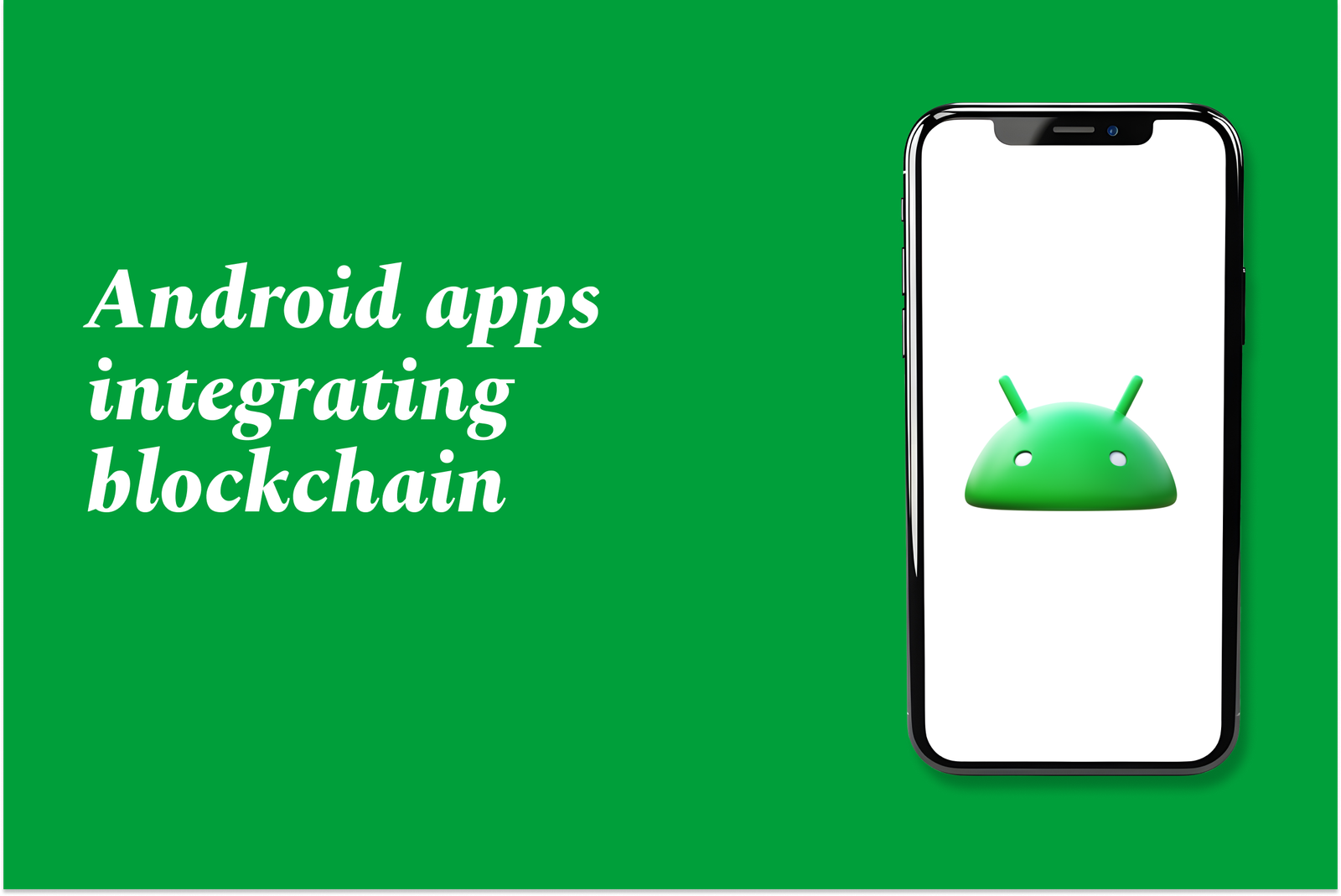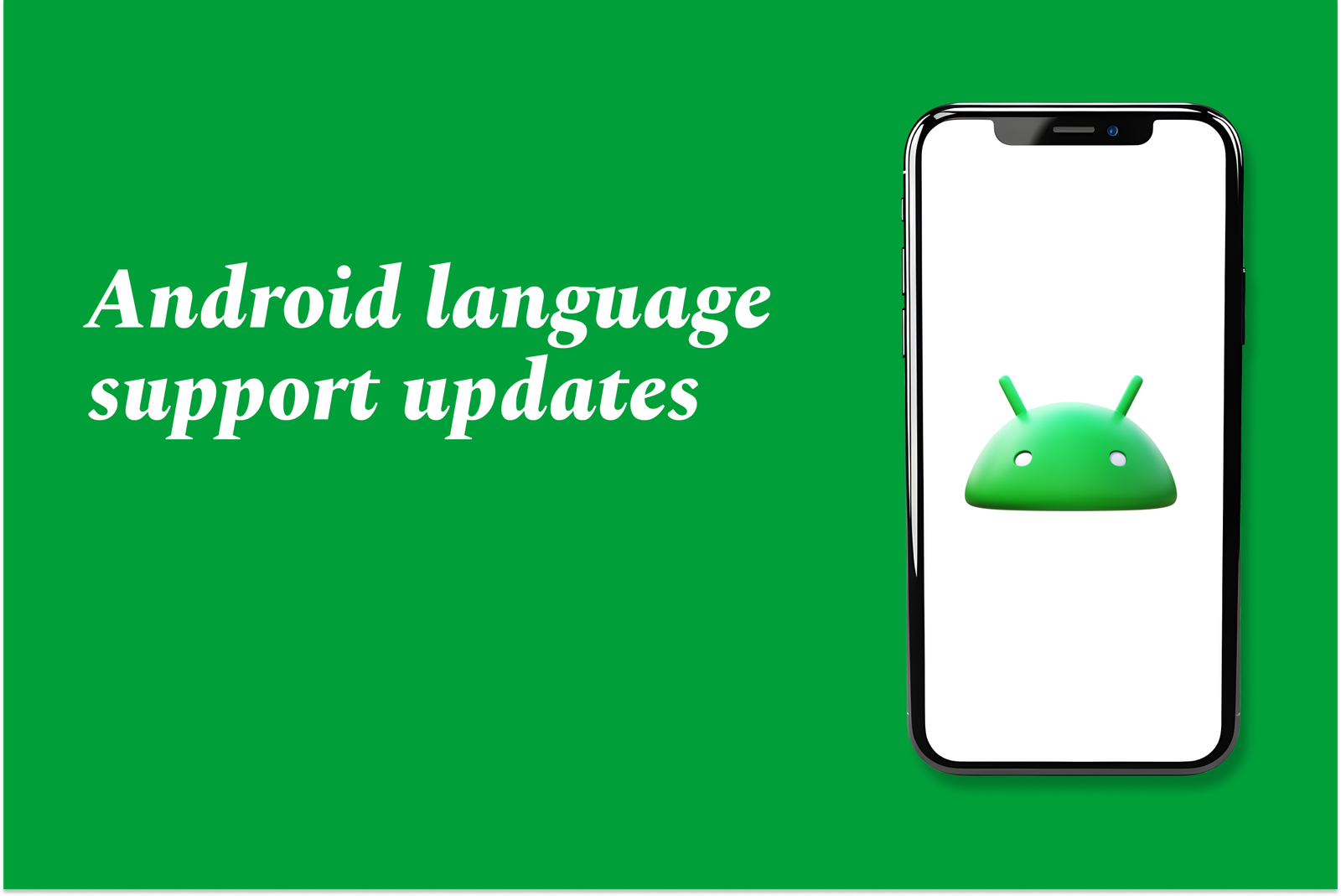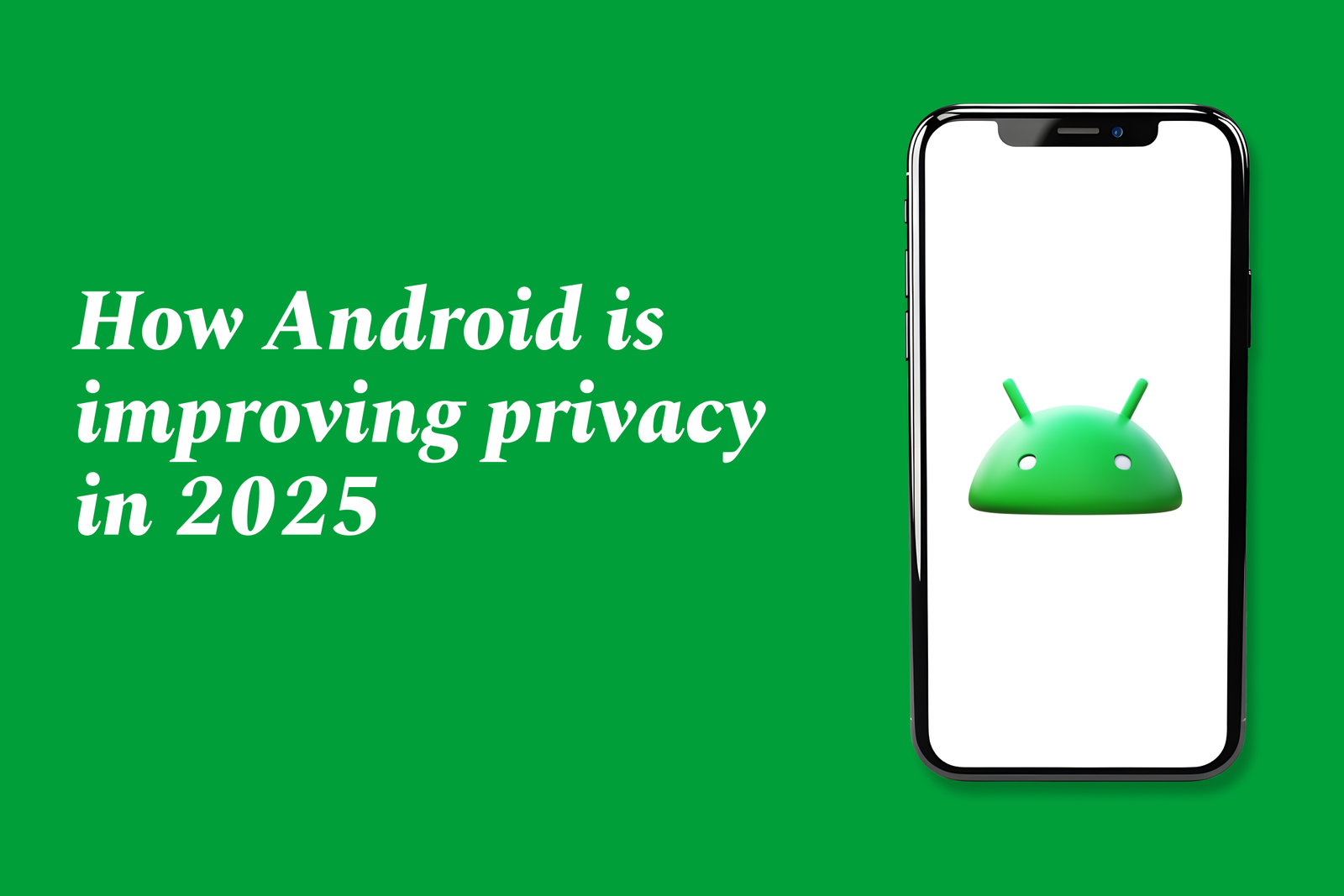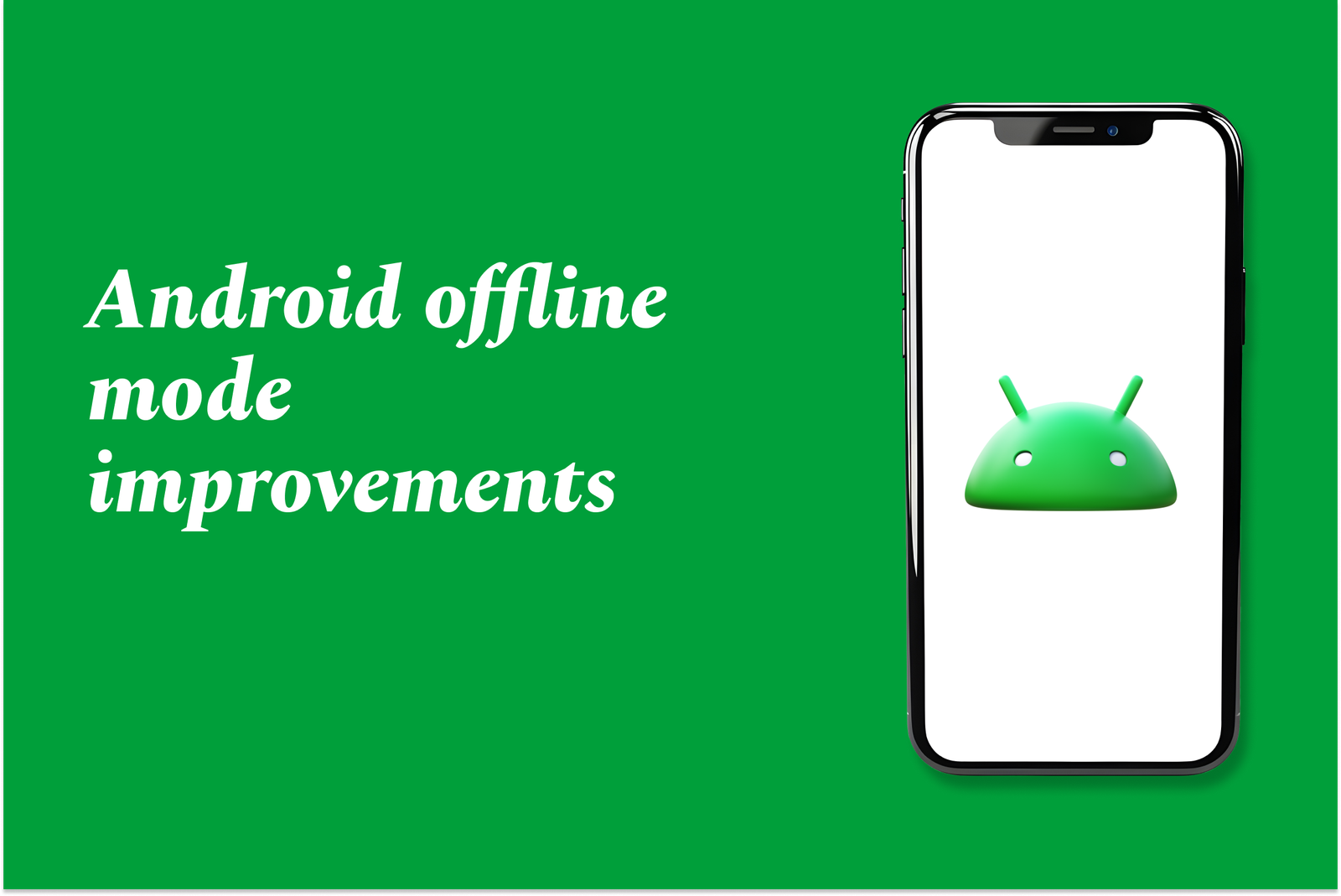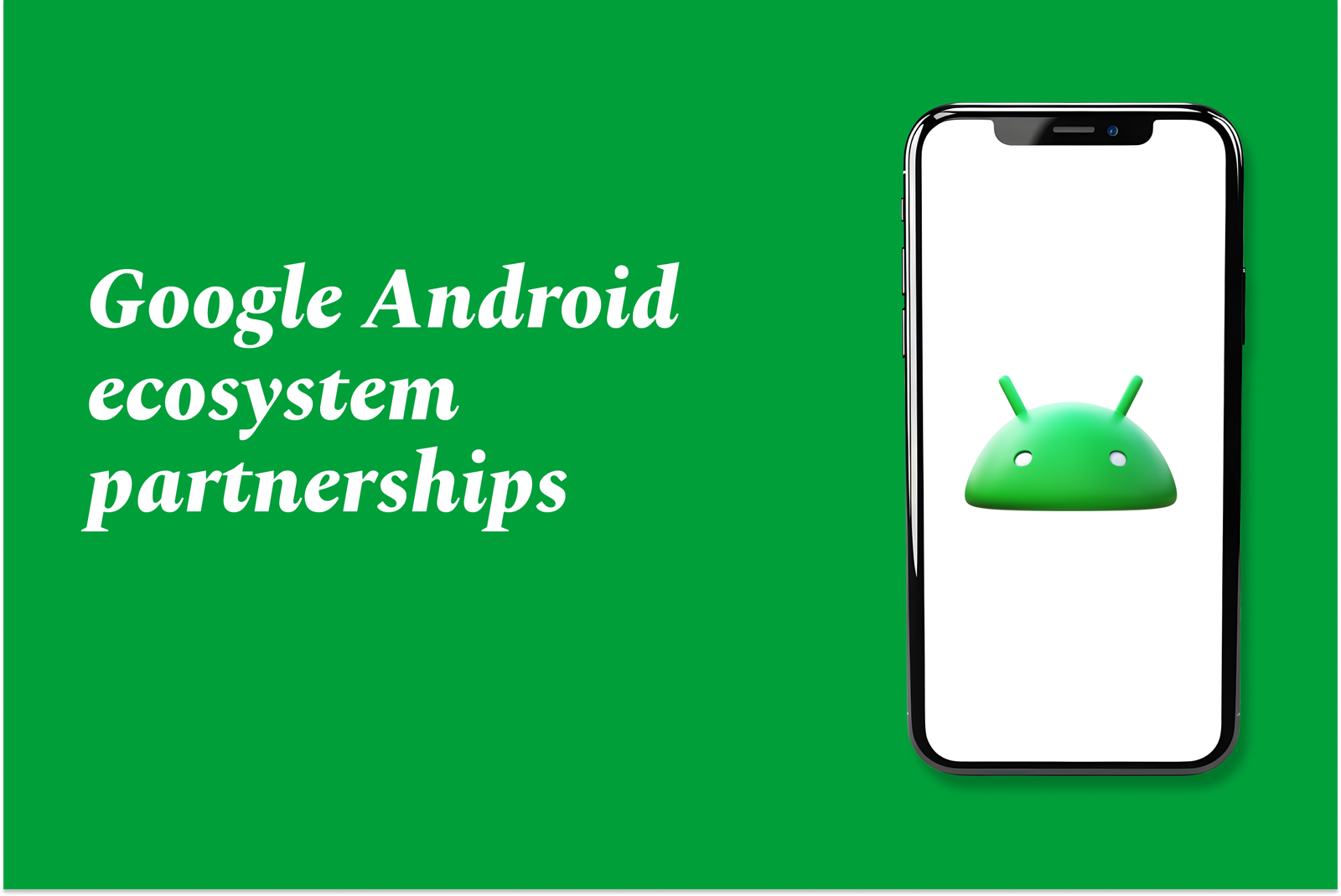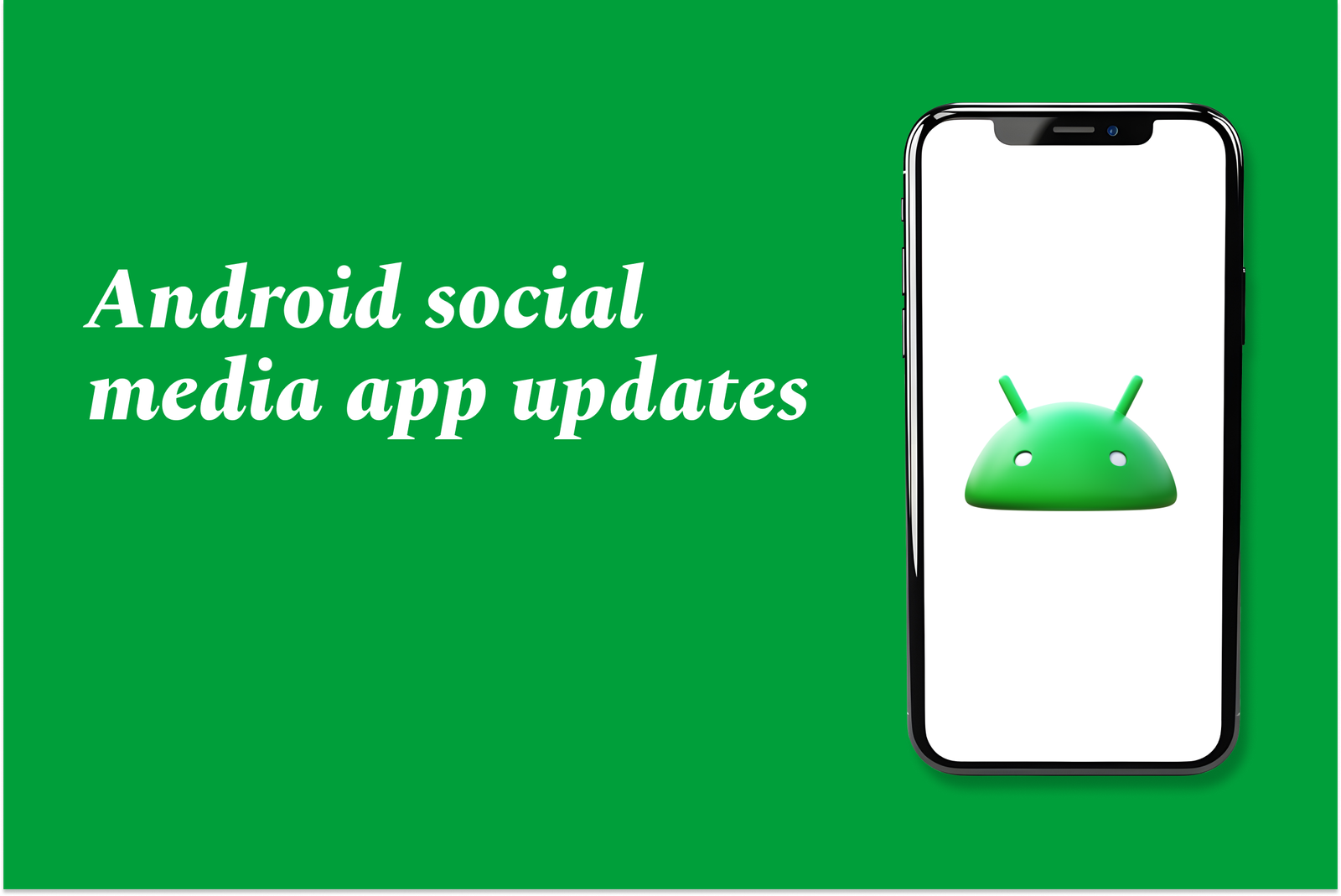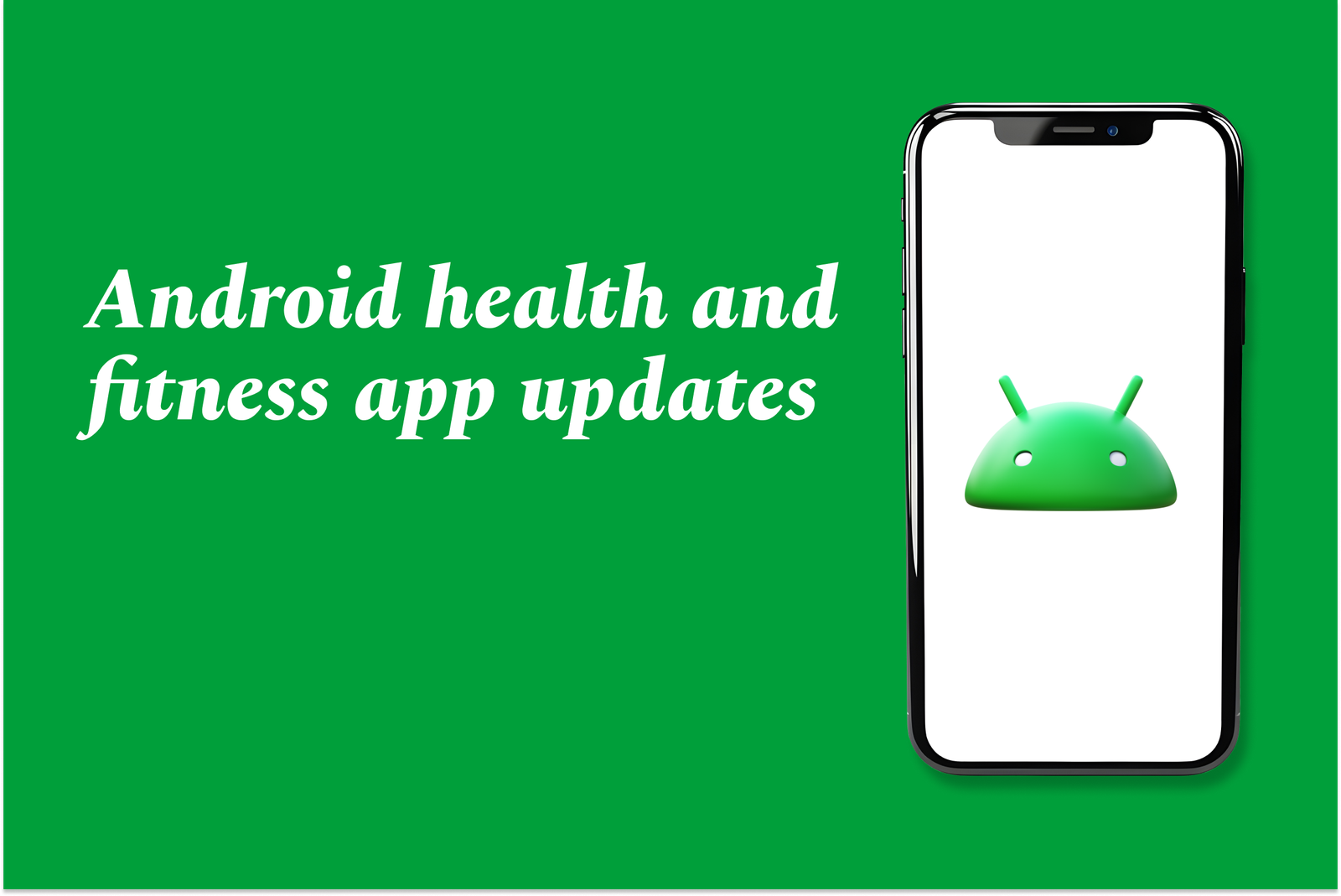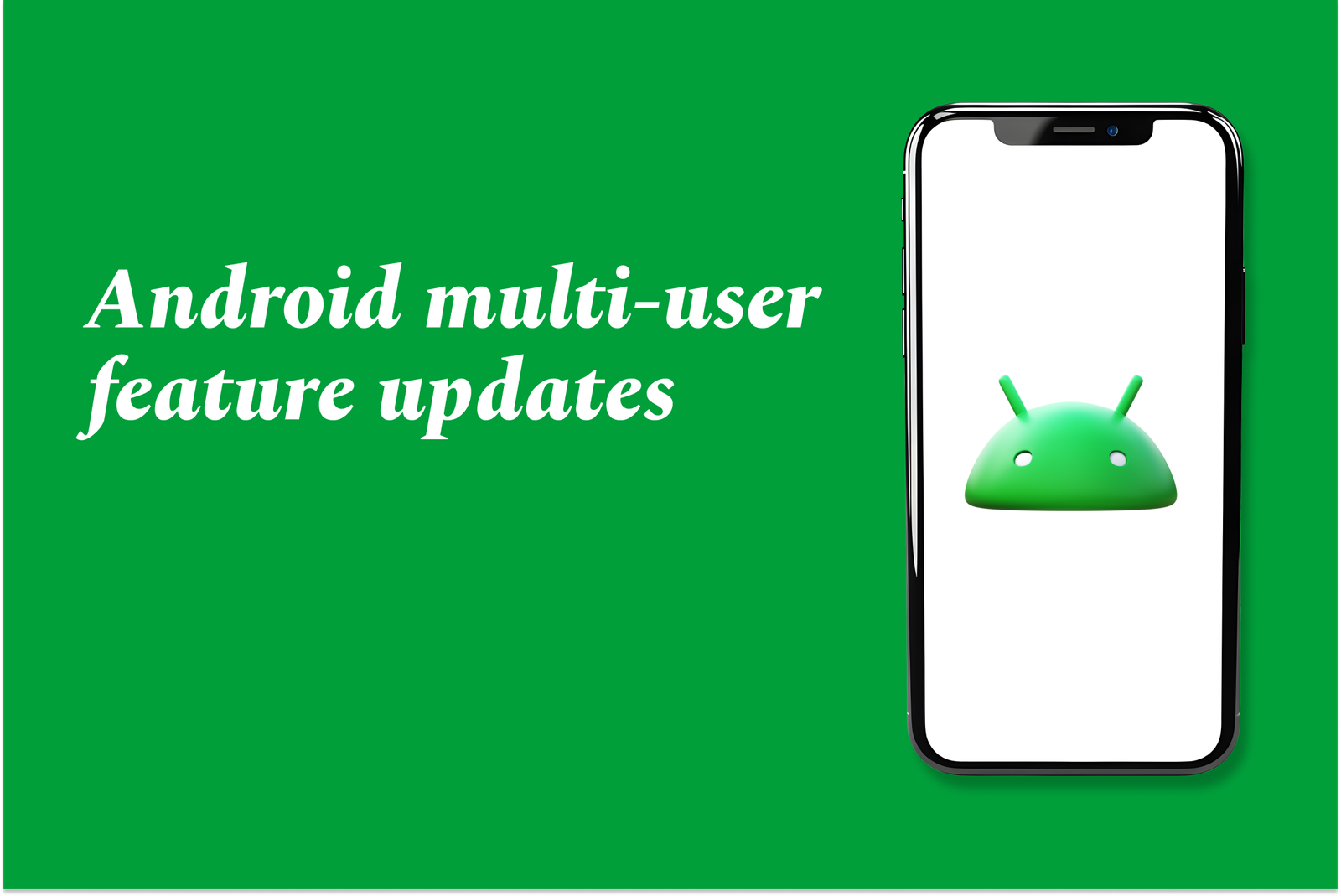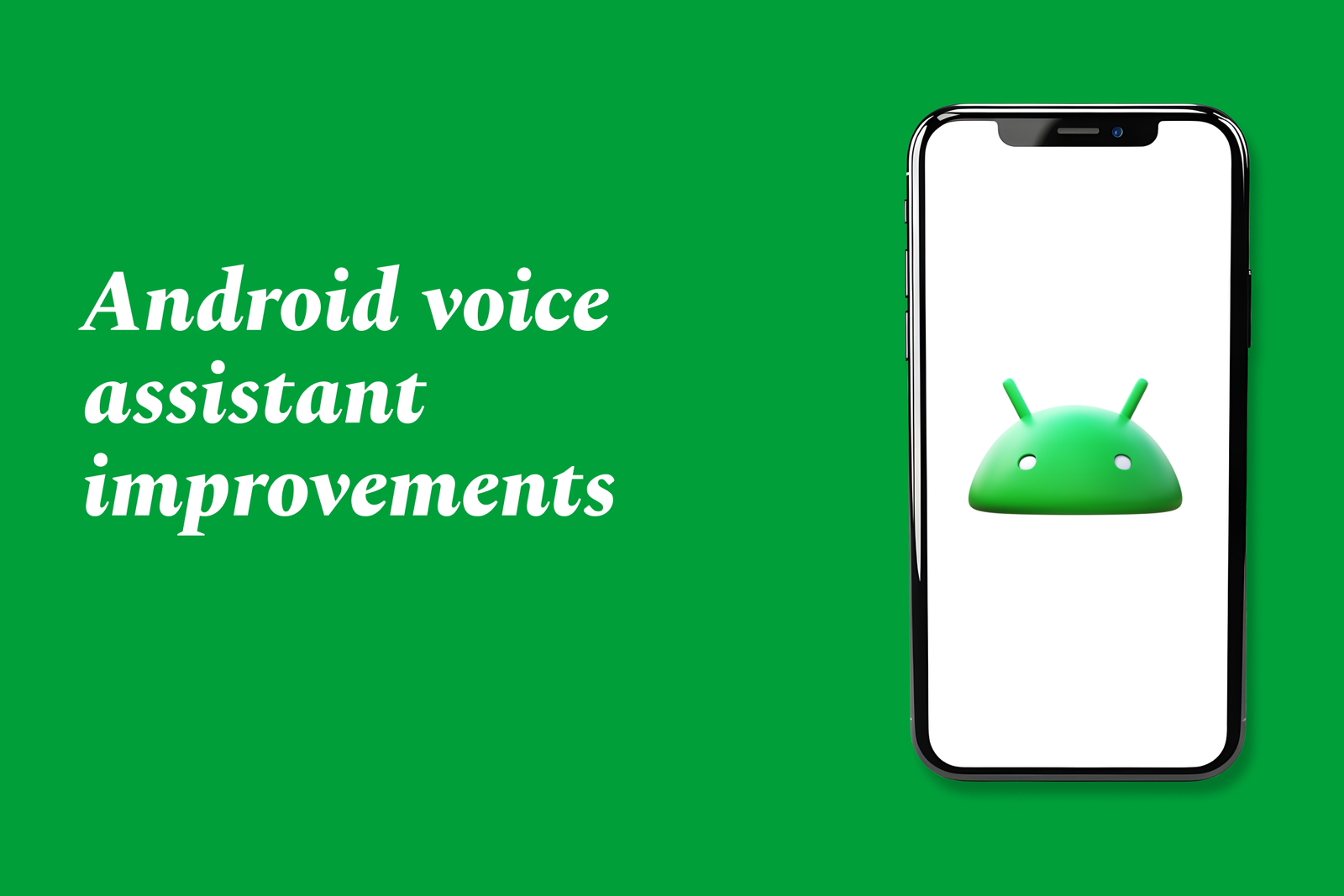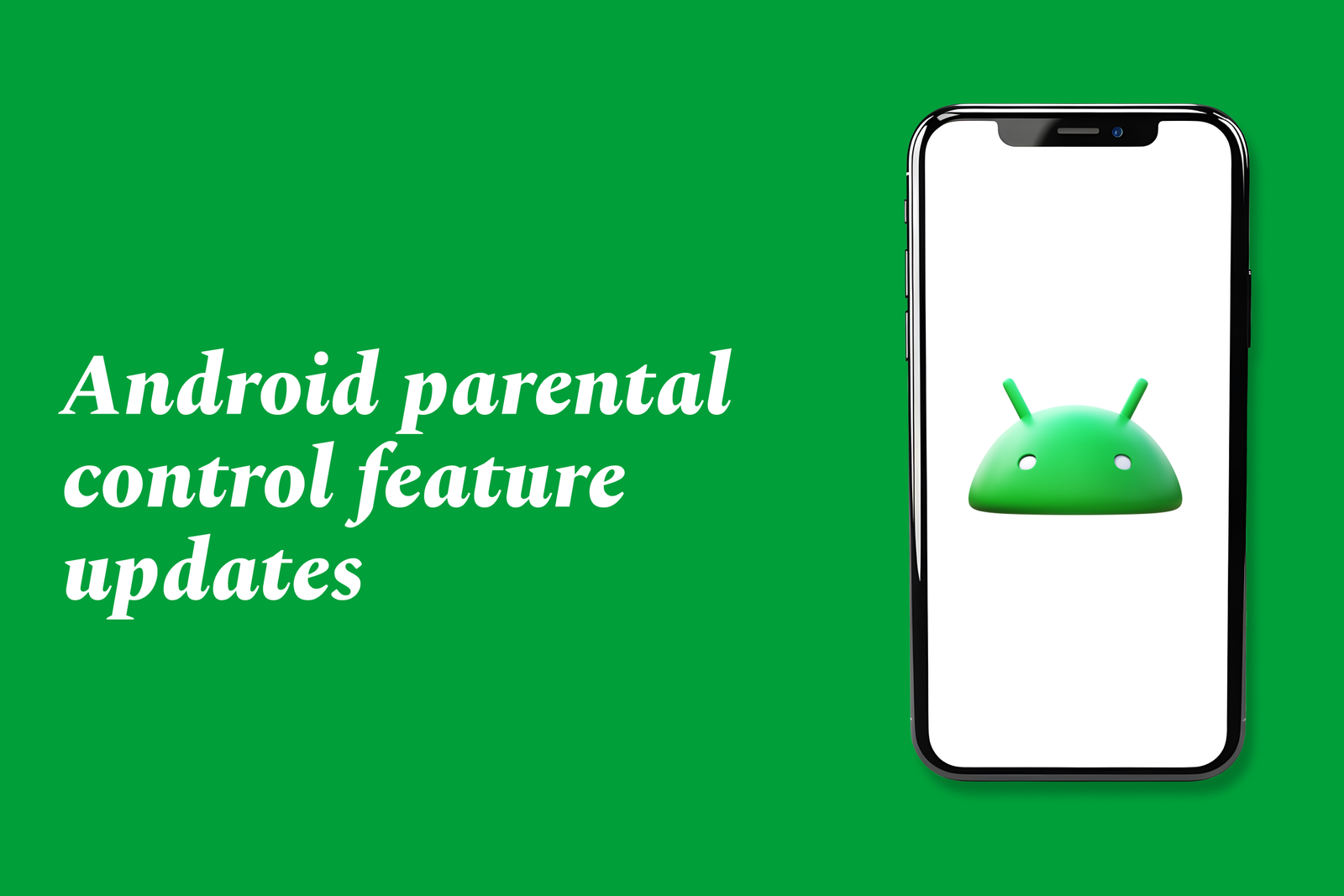Android Apps Integrating Blockchain
Android apps integrating blockchain leverage decentralized technology to enhance security, transparency, and trust in transactions and data management. These apps enable secure payments, identity verification, and supply chain tracking, revolutionizing mobile experiences across industries.
Android apps integrating blockchain
1 ) Introduction to Blockchain in Mobile Apps
Blockchain technology is increasingly integrated into mobile app development, offering decentralized, secure, and transparent digital transactions. Initially popularized by cryptocurrencies, blockchain now serves as a decentralized ledger that enhances app security and trust by preventing tampering and fraud. Its growth is accelerating across industries such as finance, healthcare, and supply chain management.
2 ) Why Blockchain is Important for Mobile Apps
Blockchain’s decentralized nature eliminates central points of failure, making mobile apps more secure. It tracks transactions transparently, ensuring no unauthorized alterations. This technology enables faster, cost effective peer to peer transactions and automates business processes while maintaining reliable records.
3 ) Key Features of Blockchain Technology in Android Apps
Decentralization: Removes dependence on central servers, reducing security risks.
Transparency: Publicly verifiable transactions enhance user trust.
Immutability: Transactions once recorded cannot be altered, preventing fraud.
Smart Contracts: Automated contracts that execute without intermediaries, streamlining transactions.
4 ) Major Use Cases for Blockchain in Android Apps
a. Secure Transactions & Payments:
Blockchain enables secure, transparent cryptocurrency trading and peer to peer payments. Examples include Binance and Coinbase apps that provide multi signature security and automate payments with smart contracts.
b. Decentralized Data Management & Identity Verification:
Apps like Civic utilize blockchain for secure identity authentication without passwords, improving privacy protection and regulatory compliance (GDPR, CCPA).
c. Supply Chain Transparency & Product Authentication:
Blockchain increases supply chain visibility, combating counterfeit goods and fraud by providing immutable records of product provenance.
5 ) Market Growth and Industry Adoption
The blockchain market valued at $10 billion in 2023 is projected to grow at an 87.7% CAGR, hitting $1 )4 trillion by 2030. Venture capital investments and adoption in sectors like financial services, defense, healthcare, and payment networks reflect the technology's rising prominence.
6 ) Security Enhancements through Blockchain
Blockchain decentralizes data storage, significantly reducing risks of breaches and unauthorized data tampering. Incorporating end to end encryption, smart contracts, and regular system audits further fortify app security.
7 ) Future Trends and Developer Considerations
The rise of decentralized applications (dApps), improved interoperability between blockchain networks, and increasing adoption of DeFi, NFTs, and smart contracts will shape the mobile app landscape. Developers must stay updated on emerging trends and best practices to effectively integrate blockchain.
8 ) Challenges in Blockchain Implementation
Complexity of integration, scalability concerns, and regulatory uncertainty remain challenges. However, by leveraging expert consulting and proven development frameworks, these hurdles can be mitigated.
9 ) Conclusion
Integrating blockchain technology into Android apps offers robust security, transparency, and efficiency, driving innovation in mobile development across multiple industries. Developers and businesses embracing blockchain are poised to deliver secure, trust driven user experiences in the evolving digital economy.
https://justacademy.in/news-detail/flutter-in-electric-vehicle-apps
https://justacademy.in/news-detail/speech-recognition-in-flutter-using-ai
https://justacademy.in/news-detail/flutter-community-meetups-in-2025
https://justacademy.in/news-detail/flutter-salary-trends-in-2025
https://justacademy.in/news-detail/best-flutter-practices-every-developer-should-follow
Related Posts
Android language support updates enhance the platform by enabling modern Java 8 features like lambdas and method references within Android Studio, improving code efficiency and developer experience without needing the Jack compiler, streamlining app development and build processes.
In 2025, Android enhances privacy with stricter app permissions, improved data encryption, and advanced APIs that give users greater control over their data. System updates focus on secure media handling and transparent, developer-friendly tools to protect personal information seamlessly.
Android offline mode improvements enhance app usability by allowing users to access content and features without an internet connection. These updates enable pre-downloading data, reduce dependency on continuous connectivity, and improve user experience during travel or in low-network areas.
Google Android ecosystem partnerships unite device makers, developers, carriers, and enterprises to build a flexible, secure platform powering billions of devices worldwide. These collaborations drive innovation, expand app access, and enhance user experiences across diverse Android-powered products.
Android social media app updates enhance user experience with improved features like real-time notifications, AI-driven content discovery, expanded communities, and better multimedia support. These updates ensure smoother interactions, faster info sharing, and more personalized social networking on mobile devices.
Android health and fitness app updates focus on improved data sharing, personalized coaching, and enhanced tracking across devices. Key apps like Health Connect, Samsung Health, and Google Fit offer better privacy controls, seamless integration, and support for diverse wellness goals.
Android's multi-user feature lets multiple people have separate profiles on one device, keeping data and apps separate. Recent updates improve user switching, address bugs like Wallet issues, and optimize performance by suspending inactive profiles for smoother multitasking.
Android voice assistant improvements enhance hands-free control by integrating smarter, more natural voice commands in Android Auto and CarPlay. Upgrades include better music navigation, AI-powered icon recognition for accessibility, and solutions for seamless connectivity, boosting safety and usability.
Android apps integrating blockchain leverage decentralized technology to enhance security, transparency, and trust in transactions and data management. These apps enable secure payments, identity verification, and supply chain tracking, revolutionizing mobile experiences across industries.
Android parental control updates enhance child safety by offering real-time monitoring, app notifications sync, screen time limits, app blocking, precise GPS tracking, and location alerts, enabling parents to manage and protect their children's device usage more effectively and securely.
